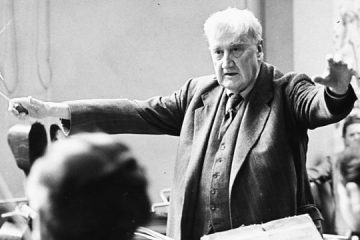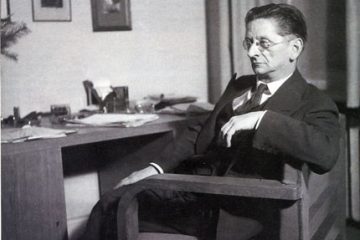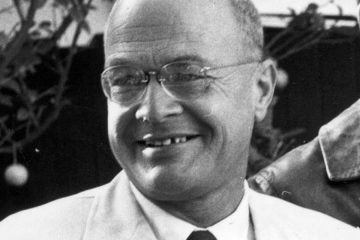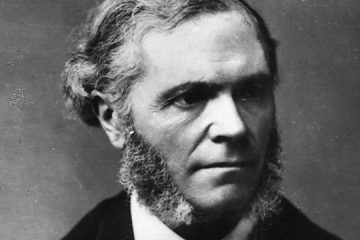Blogs
Joseph Haydn ‘Symphony No.20’: Festive Fun!
Joseph Haydn: Symphony No.20 Context Often known as the ‘Father of the Symphony’, Joseph Haydn’s legacy as a symphonist stays strong today. Haydn composed 104 symphonies over the course of his long and fruitful life, and we at Classicalexburns want to help you discover the stories and music behind all Read more…





